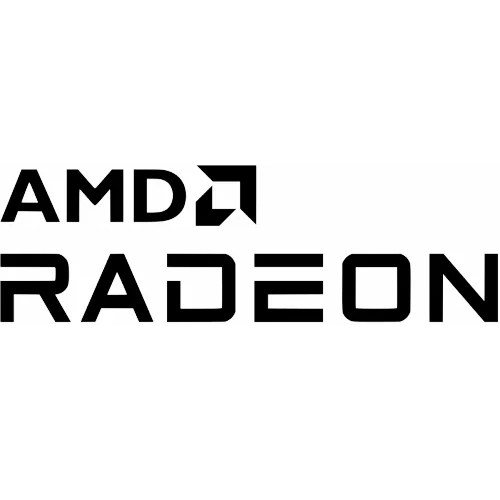What You Need To Do To Your Linux System If You Want Open-Source RX 480 Support

I've been testing the Radeon RX 480 on Linux and will have my complete review on the 29th when the embargo expires. Today I'm just listing off all the publicly accessible and publicly known changes you need to make to your system for being able to have working RX 480 support.
So if you're hoping to get a RX 480 in a few days, here is what you need to do to get your system ready.
Linux Kernel: With the Linux 4.7 kernel there was the initial Polaris support in the AMDGPU DRM driver. However, some last minute changes have come up to make the driver work with the production graphics cards of the RX 400 series... Those changes aren't yet in the mainline Linux 4.7 code-base but still should appear in time for the official 4.7 release. For now you need to build a kernel from the polaris-test branch as the smartest choice. There are still some more Polaris fixes in that branch than what queued up last week in drm-fixes-4.7. So for now you'll want to build the polaris-test Linux kernel for the open-source driver support.
Mesa: You'll want to be on the Mesa 12.1 Git master as of this past Friday when the latest Polaris fixes landed. It doesn't look like those Polaris fixes were yet back-ported to Mesa 12.0. So basically Mesa Git as of this weekend or next week.
xf86-video-amdgpu / libdrm: Using recent Git snapshots of the other user-space components should be fine.
Firmware Blobs: New Polaris10 and Polaris11 firmware binaries were made public in the past few days. You'll need these newer firmware blobs for production support too. Those binaries didn't yet make it into linux-firmware.git so for now you can grab them from Alex Deucher's repo.
Basically, you need the latest Git components of the Radeon graphics stack while for the kernel still using some branched code for the time being. Of course, if you are planning to use the AMDGPU-PRO hybrid driver when released for Polaris, there it will be an easier upgrade path if not wanting to build out your components.
28 Comments

